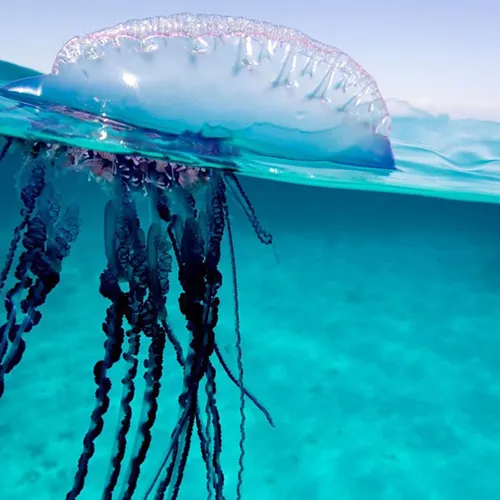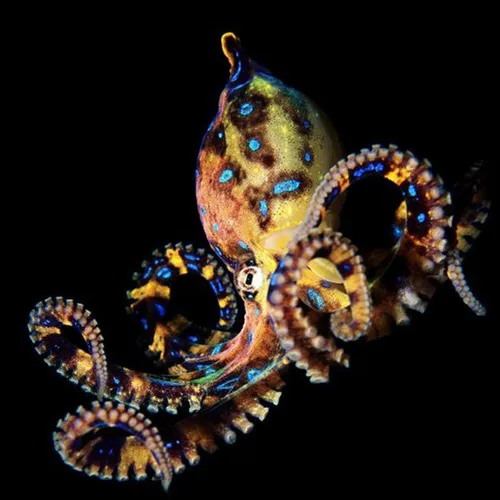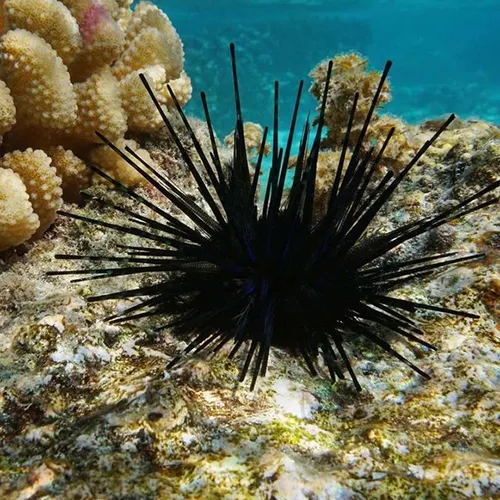Plan your visit to the beach safely
While Bondi, Tamarama, and Bronte Beaches are stunning places to swim, surf and relax, it’s important to be aware of the natural risks. Whether you’re in the water or on the shore, follow these essential tips to stay safe and make the most of your time by the ocean.
Top tips from Waverley’s lifeguards
Swimming safely in the ocean
Lifeguards patrol Bondi, Tamarama, and Bronte Beaches year-round. Stay safe by following these essential safety tips:
- Swim during patrol hours: Lifeguards patrol daily, with extended hours from 6am to 7pm during the high season (October to April). Always leave the water when lifeguards end for the day.
- Swim between the flags: Always swim between the red and yellow flags, which mark the safest swimming zones monitored by lifeguards. If there are no flags visible, swimming is not recommended.
- Understand rip currents: Rip currents are powerful and can quickly pull swimmers out to sea.
- If caught in a rip, stay calm, float, and raise your hand to signal for help.
- Avoid swimming against the current; instead, float and wait for assistance.
- Check surf conditions: Look for beach signs displaying surf conditions and any hazards. If unsure, ask a lifeguard.
- Swim with a friend: Always swim with a buddy for added safety.
Sun safety
Australia’s sun can be intense, especially around midday. Protect yourself with these simple steps:
- Slip, Slop, Slap:
- Slip on a shirt.
- Slop on SPF 50+ sunscreen, reapplying every two hours.
- Slap on a wide-brimmed hat.
- Seek shade: Limit direct sun exposure, especially between 10am and 3pm. Use an umbrella or sit under shaded areas.
- Stay hydrated: Drink plenty of water throughout the day to prevent dehydration.
Dangerous beach conditions
The ocean can be unpredictable, with rip currents and rough waves. Pay attention to safety signs—they’re there for your safety. If caught in a rip, follow these steps:
If you get into trouble:
- Stay calm: Don’t swim against the current or waves.
- Float on your back: Conserve energy and keep yourself afloat.
- Tilt your head back: Breathe normally and stay calm.
- Raise your arm for help: Signal lifeguards or nearby swimmers.
- Call out for help: Attract attention to your situation.
- Wait for assistance: Stay visible and trust that help is on the way.
Marine life awareness
Sydney’s coastline is home to diverse marine life, including a few potentially dangerous species. While encounters are rare, it’s helpful to know what to look out for and how to stay safe.
Bluebottles (Stingers)

Bluebottles are jellyfish-like creatures with a clear bubble and long blue tentacles. Most common in summer and often spotted on the beach during windy days.
What to do if you see one
- Avoid contact! Both in the water and on the sand. Don’t step on or touch them.
- If stung, carefully remove tentacles with a stick or towel. Rinse the area with hot water (without burning your skin) to reduce pain.
- Seek medical attention if symptoms persist or worsen.
Safety tip: Notify lifeguards if you see large numbers of bluebottles on the beach.
Blue-ringed Octopus

This tiny octopus, commonly found in shallow rock pools, is about the size of a 50-cent coin. They’re normally light-brown, though display bright blue rings when threatened. What to do if you see one
What to do if you see one
- Stay away! Never touch or pick up an octopus, especially one with blue rings.
- If bitten, call Triple Zero (000) immediately. They are highly venomous and can cause paralysis and cardiac arrest.
Safety tip: Avoid handling any marine life in rock pools.
Sea Urchins

Sea urchins are often found in shallow, rocky areas. Their hard shells are covered with sharp, brittle spikes that can break off if stepped on.
What to do if you see one
- Avoid contact! If spines embed in your skin, soak the area in warm water to soften it, then carefully remove spines with tweezers.
- Seek medical attention if the spines are difficult to remove or notice signs of infection.
Safety tip: Wear sturdy footwear when exploring rocky areas.

Bluebottles (Stingers)
Bluebottles are jellyfish-like creatures with a clear bubble and long blue tentacles. Most common in summer and often spotted on the beach during windy days.
What to do if you see one
- Avoid contact! Both in the water and on the sand. Don’t step on or touch them.
- If stung, carefully remove tentacles with a stick or towel. Rinse the area with hot water (without burning your skin) to reduce pain.
- Seek medical attention if symptoms persist or worsen.
Safety tip: Notify lifeguards if you see large numbers of bluebottles on the beach.

Blue-Ringed Octopus
This tiny octopus, commonly found in shallow rock pools, is about the size of a 50-cent coin. They’re normally light-brown, though display bright blue rings when threatened. What to do if you see one
What to do if you see one
- Stay away! Never touch or pick up an octopus, especially one with blue rings.
- If bitten, call Triple Zero (000) immediately. They are highly venomous and can cause paralysis and cardiac arrest.
Safety tip: Avoid handling any marine life in rock pools.

Sea Urchins
Sea urchins are often found in shallow, rocky areas. Their hard shells are covered with sharp, brittle spikes that can break off if stepped on.
What to do if you see one
- Avoid contact! If spines embed in your skin, soak the area in warm water to soften it, then carefully remove spines with tweezers.
- Seek medical attention if the spines are difficult to remove or notice signs of infection.
Safety tip: Wear sturdy footwear when exploring rocky areas.
Ocean pools
Emergency assistance
If you or someone nearby needs help:
- Signal lifeguards: Wave your arms and call out for assistance.
- Call triple zero (000): Dial for emergencies in Australia.
Plan ahead
Check the weather, tide times, and surf reports before heading to the beach. Pack essentials like sunscreen, a reusable water bottle, a hat, and protective clothing to ensure a safe and enjoyable visit to Bondi, Tamarama, and Bronte Beaches.
Stay informed, stay safe, and have fun!